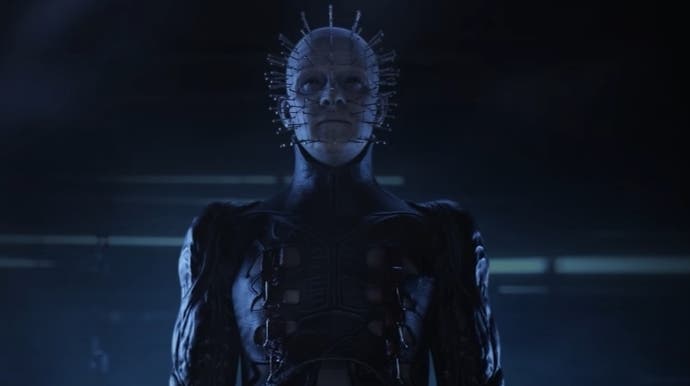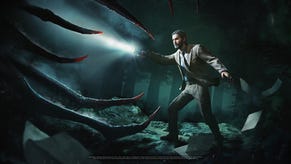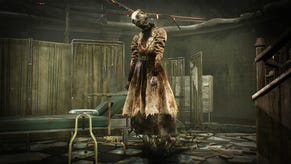Dead By Daylight fans unhappy Hellraiser model is an NFT
"Behaviour Interactive does not sell NFTs."
Dead by Daylight is receiving criticism online following the news its Pinhead character model, introduced in its latest Hellraiser content, has been made available for NFTs.
The multiplayer title's developer Behaviour Interactive shared on Twitter that it worked with a company called Boss Protocol "over several months to adapt in-game models for use as NFTs".
According to an Behaviour's FAQ page, Boss Protocol worked with Boss Team Games "who controls certain interactive rights to Hellraiser from Park Avenue Entertainment".
The Pinhead NFT, based on the Dead by Daylight character model, is part of the Boss Protocol Masters of Horror NFT collection, as detailed on its website. Select NFTs will grant access to the Hellraiser chapter in Dead by Daylight.
The Behaviour FAQ clarifies that no content is locked behind the NFTs. "The NFTs exist as unique digital collectibles and have added benefits like rewarding certain owners with signed collectibles, and other benefits that will be revealed and delivered in the future," it reads.
The developer also clarifies that the NFTs will not unlock Doug Bradley's voice in the game, despite him recording lines for the NFTs and not the game. In addition, the NFTs are not the reason that some of Pinhead's voice lines have been cut from the game - players had plenty of fun with "I came" before it was removed.
Since the news broke, Behaviour has released an official statement. "We hear and understand the concerns you raised over NFTs. Absolutely zero blockchain tech exists in Dead by Daylight. Nor will it ever. Behaviour Interactive does not sell NFTs," it reads.
While this is technically true, the developer is still complicit with another company making their character available as NFTs.
Fans of the game are unhappy with the response from Behaviour. They've since been posting negative reviews of the game on Steam, believing they have funded NFTs and shady business practices. Many are also demanding refunds.
Steam has banned all games associated with blockchains and NFTs from the platform. Valve's updated rules state that apps built on blockchain technology "that issue or allow exchange of cryptocurrencies or NFTs" shouldn't be published.
Behaviour seems to be getting around this by the fact that NFTs are not directly sold in the game, nor does it contain blockchain technology. Yet players are disappointed with the company's association with the practice, which many see as a scam.






.png?width=291&height=164&fit=crop&quality=80&format=jpg&auto=webp)



